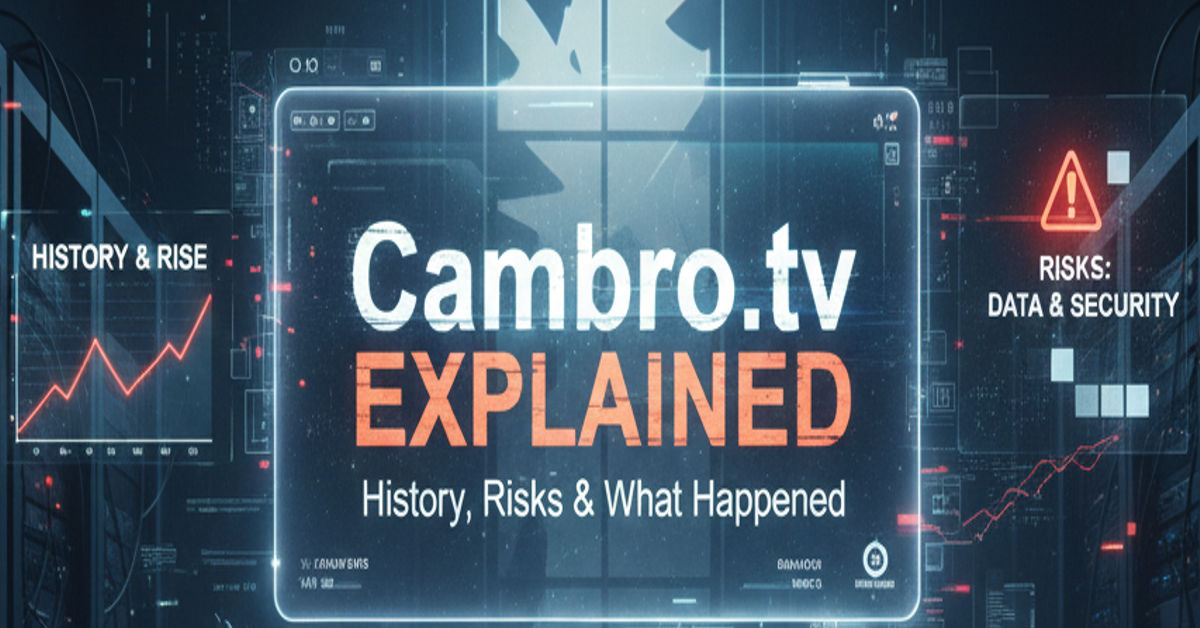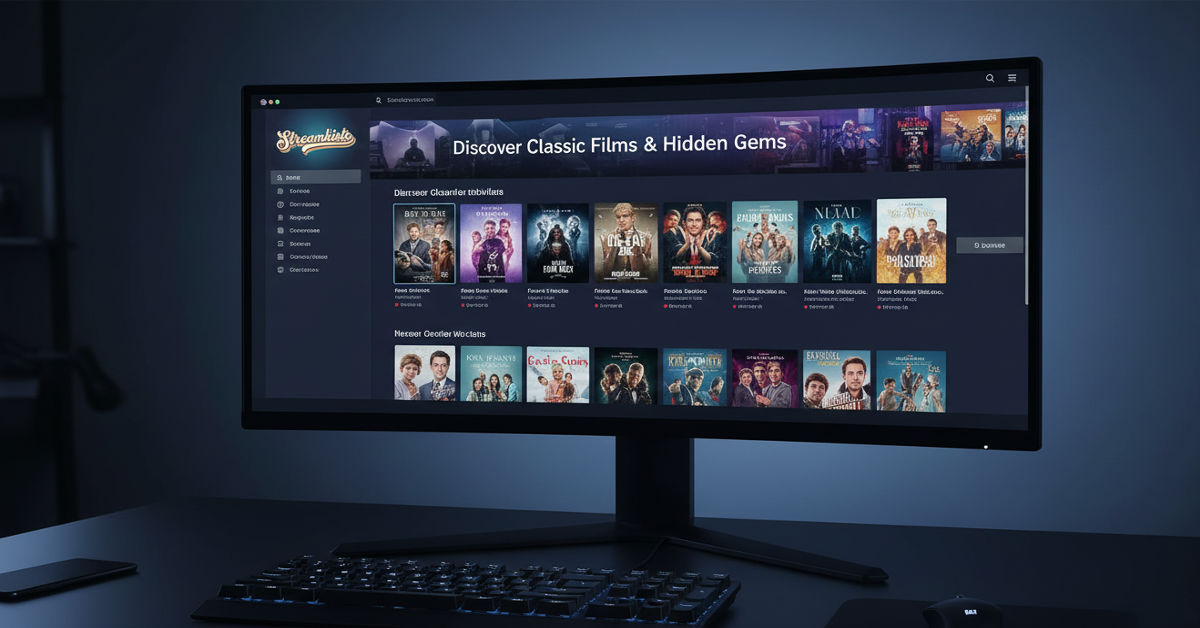Olympus Scanlation refers to a fan-driven collective that translates, edits, and shares manga, manhwa, and webtoons for readers outside their original language markets. For many people across the globe, this becomes the first gateway into works that might otherwise remain inaccessible due to licensing delays or regional restrictions. Within the first 100 words, it is crucial to clarify that Olympus Scanlation is not an official publisher but rather part of a global ecosystem of volunteers who bridge linguistic gaps with passion and technical craft. This practice, while celebrated by fans, creates a paradox for the creative industry—offering exposure and community while simultaneously raising concerns about legality, revenue, and sustainability. To explore Olympus Scanlation is to explore the very heart of how stories cross borders, how communities form around art, and how cultural and legal tensions shape the future of publishing in the digital age.
In the era when a single panel can travel the globe in seconds, Olympus Scanlation embodies a paradox: a grassroots cultural bridge built with little more than scanners, translation notes, and fervent devotion. For many readers, especially in regions with limited licensing or slower official releases, groups like Olympus become the first—and sometimes only—way to encounter new series. Yet this practice sits uneasily beside industry concerns about intellectual property, lost revenue, and the sustainability of creative ecosystems. To understand scanlation is to understand both the hunger for stories and the practical frictions of publishing in a fragmented global market.
What is Scanlation? Definitions and Context
The term “scanlation” merges “scan” and “translation,” describing the process of taking raw comic pages, translating dialogue into another language, and re-lettering it into the panels. Olympus Scanlation, as its name suggests, belongs to the tradition of groups that take on mythic or cultural identifiers to give their work a recognizable mark. The practice itself ranges in quality and intent. Some groups produce fast, rough drafts meant for immediate consumption, while others carefully typeset, edit, and refine translations until they resemble professional products. These groups are not uniform—some focus on popular shōnen series, others on niche romance or obscure genres overlooked by publishers. Readers encounter Olympus Scanlation as a bridge, often discovering a story months before it ever hits bookstores or digital platforms. In this way, scanlation functions as both cultural exchange and a challenge to the exclusivity of licensed publishing.
A Brief History: How Fan Translation Grew Into an Institution
Before the internet, fans circulated photocopies of manga with handwritten translations, often shared in small clubs or zines. This grassroots approach grew exponentially with the arrival of digital scanners and the World Wide Web. By the late 1990s and early 2000s, fan-driven groups were forming across the globe, coordinated through IRC channels and fan forums. Olympus Scanlation represents a modern version of these collectives, shaped by decades of refinement. The tools of the trade have evolved from clunky bitmap editing to sophisticated photo software capable of producing polished results. Today, it is not uncommon for fan translations to rival official editions in readability. With cloud drives and collaboration apps, international teams can coordinate across time zones, producing weekly releases with surprising efficiency. This institutionalization of fan effort shows how a once-hobbyist act has become a major cultural infrastructure—shaping readership habits, fueling fandoms, and even influencing licensing decisions.
Why People Participate: Motives and Communities
The volunteers behind Olympus Scanlation are not a monolith; their reasons for participating are as varied as their cultural backgrounds.
Access and Immediacy
Readers in countries where official translations lag months or years turn to scanlations for instant access. Communities thrive on being part of weekly discussions, and Olympus fills that demand.
Community and Skill Development
For translators and letterers, working on a project becomes a training ground. Skills in language, design, and editing are cultivated within a passionate group environment.
Cultural Exchange
Many see scanlation as cultural diplomacy, translating not just words but cultural context. It allows foreign humor, puns, and idioms to resonate across boundaries.
Resistance to Corporate Gatekeeping
Some participants frame their work as activism, opposing regional restrictions or high costs that make official releases inaccessible. In this light, Olympus Scanlation represents both rebellion and service.
The Technical Workflow: From Raw Scan to Polished Release
The artistry of Olympus Scanlation lies in its workflow, a carefully orchestrated chain of tasks. First comes raw acquisition: a physical comic is scanned or a digital file obtained. Next, cleaners remove the Japanese or Korean text, adjust contrasts, and repair smudges. Translators then provide a direct translation, often inserting cultural notes. Editors refine language and ensure consistency, while typesetters choose fonts and adjust speech bubbles to maintain the story’s tone. Finally, proofreaders conduct a quality check before the release is distributed through online channels. Modern scanlators employ collaborative spreadsheets, shared glossaries, and style sheets to maintain continuity across chapters. As one fictional letterer put it: “Translation is a craft, not a theft. We spend hours picking fonts so a joke lands the way it did in Japanese.” This meticulous attention to detail underscores how scanlation is equal parts passion project and technical craft.
Legal and Ethical Tensions: A Complex Debate
The legal backdrop for Olympus Scanlation is thorny. Copyright law grants publishers and creators exclusive rights to reproduce and translate their works. Unauthorized scanlation, by definition, breaches these rights. Publishers occasionally crack down with takedown requests or legal actions, especially when large-scale distribution affects revenue. Yet the ethical discussion is not black and white. Fans argue that scanlation acts as free publicity, building global hype and expanding readerships. Critics counter that creators lose out on royalties and publishers struggle to justify licensing less-popular titles when translations already circulate online. One imagined publisher might warn, “Every unpaid page is a small cut, and small cuts add up.” This tension reflects a global mismatch: readers want access now, while publishers juggle contracts, translations, and release schedules.
How Scanlation Affects Creators and the Market
The impact of Olympus Scanlation varies depending on the series. Major franchises with anime tie-ins may suffer little harm; their brand power ensures sales regardless. Smaller or niche creators, however, often depend on early digital sales for survival, making unauthorized translations potentially damaging. Yet paradoxically, scanlations sometimes generate demand that leads to official licensing. A series gaining popularity through Olympus can catch the attention of publishers, resulting in new markets opening. Some creators have publicly thanked scanlators for exposure, while others have condemned them for undermining livelihoods. The effect is situational rather than universal—both harm and benefit coexist. For the industry, the real challenge lies in finding ways to convert this unauthorized enthusiasm into legitimate, sustainable revenue streams that fairly compensate creators.
A Comparative Table: Types of Translation and Their Typical Characteristics
| Approach | Typical Speed | Quality | Legal Status | Effect on Creators |
|---|---|---|---|---|
| Scanlation (fan groups) | Fast (days/weeks) | Variable, sometimes high | Unauthorized | Mixed: exposure vs. lost revenue |
| Fan subbing (anime) | Fast | Variable | Unauthorized | Similar mixed effects |
| Official licensed translation | Slow (months) | Professional | Authorized | Directly supports creators |
| Volunteer community translation | Varies | Depends | Authorized with permissions | Supports creators |
| Machine translation with editing | Instant/fast | Improving | Context-dependent | Minimal benefit unless official |
The Reader’s Perspective: Why Immediacy Matters
For readers, the driving force is immediacy. Manga and webtoon fandoms thrive on global conversation—spoilers, memes, and debates unfold within hours of release. Being excluded from this cycle is socially costly, creating a demand that Olympus Scanlation satisfies. The ability to access a chapter within days, sometimes hours, of its Japanese or Korean debut allows fans worldwide to feel part of the same community. Yet this immediacy carries risks. Spoilers can diminish excitement around official editions, and long-term reliance on scanlations weakens incentives for publishers to invest in faster, more affordable releases. The dilemma remains deeply human: the desire to belong collides with the economic realities of art.
Voices from the Community: Representative Quotes
- “Reading a chapter before it’s licensed felt like being part of something secret and alive.”
- “We learned typesetting the hard way; it was messy at first but we cared about how the jokes landed.”
- “Once we got a licensing offer after our scans raised interest, I saw how complicated the ripple effects can be.”
- “These communities are the first translators in many countries; they don’t deserve to be dismissed as mere pirates.”
Cultural Translation: Beyond Words to Context
Translation in Olympus Scanlation goes beyond words. Humor rooted in Japanese puns or cultural traditions often loses meaning without explanation. Many groups add translator notes, guiding readers through cultural references and linguistic nuance. This makes scanlation both a learning tool and a cultural bridge. However, choices are delicate. Too much localization risks flattening cultural uniqueness, while too little confuses readers. Good scanlators strike a balance, preserving the story’s texture while opening it to foreign audiences. In this sense, scanlation acts not just as translation but as cultural interpretation—a subtle art that official publishers also grapple with.
Monetization and the Gray Market: Patreon, Ads, and Risks
Although many groups insist they operate purely as volunteers, some turn to Patreon, Ko-fi, or ad-supported websites. These revenue streams create controversy: is it ethical to profit from unauthorized content? Monetization increases legal risks and draws the ire of publishers who might otherwise ignore smaller fan communities. Aggregator sites worsen the issue by profiting off thousands of translations without crediting original groups. “Every time a site runs ads on our work, it’s theft layered on theft,” an imagined translator might lament. The safest models avoid monetization entirely or redirect support toward commentary, tools, or community-building rather than direct funding for unauthorized work.
Legal Enforcement and Industry Responses
Publishers have tried various approaches to curb Olympus-style groups. Some aggressively use DMCA takedowns, while others focus on shutting down large aggregators rather than small fan teams. International enforcement is complicated by jurisdictional gaps and the speed of digital sharing. More innovative publishers seek to meet fans halfway by offering simultaneous publications, affordable digital subscriptions, and social media engagement. The difference in outcomes often depends on publisher strategy: harsh crackdowns can alienate fans, while engagement can transform unauthorized readers into paying customers.
Alternatives for Readers Who Want to Support Creators
Readers have several practical options:
- Use official platforms: Digital apps often provide simultaneous releases.
- Buy physical or digital volumes: Sales are a major income stream for creators.
- Support creators directly: Many run personal stores or Patreon accounts.
- Advocate for licensing: Fans can petition local publishers to bring titles to their region.
- Read authorized scans: Some publishers collaborate with fans for legitimate translations.
These alternatives require systemic improvements in speed and pricing, but they represent real ways readers can turn passion into support.
Ethical Guidelines for Would-Be Translators
Aspiring volunteers should consider these principles:
- Do not monetize unauthorized work.
- Cease distribution once official licensing occurs.
- Maintain artistic integrity by respecting original art.
- Use notes for cultural explanation rather than altering context.
- Seek permission when possible, especially from independent creators.
These guidelines help reduce harm while honoring the spirit of cultural exchange.
Case Study: A Hypothetical Olympus Scanlation Release
Imagine Olympus Scanlation translates a promising fantasy title two weeks before an official English release. The chapter spreads quickly, fueling fan art, memes, and discussion. A publisher notices the global buzz and accelerates licensing, leading to print and digital editions. The creator gains new readership, but early digital sales dip slightly due to free availability. Olympus halts distribution after the license, even helping direct fans to the official version. This scenario illustrates the dual edge of scanlation: both a promotional force and a potential disruptor of revenue models. Outcomes depend heavily on timing, intent, and cooperation between fan groups and publishers.
Practical Tips for Readers Who Still Choose Scanlation
Acknowledging reality, some readers will continue using scanlations. Harm reduction approaches include:
- Treating scanlations as temporary until official releases appear.
- Supporting creators financially afterward.
- Avoiding aggregator sites that profit unethically.
- Respecting takedowns when groups remove chapters post-license.
Such practices mitigate harm while recognizing access challenges.
The Future: Simulpubs, Technology, and Licensing Speed
The future of Olympus-style scanlation depends on industry adaptation. Simulpubs—releasing chapters globally on the same day—directly address the demand for immediacy. Advances in AI-driven translation, combined with human editing, could reduce costs and speed up official releases. Subscription services offering affordable global access may further erode the need for unauthorized translations. Yet fan-driven communities will likely persist, evolving into semi-legitimate volunteer networks or cultural clubs that celebrate the art of translation itself. Olympus Scanlation represents not just a stopgap but a model of community-driven media that may influence official publishing strategies for years to come.
A Final Reflection: Balancing Passion with Responsibility
At its core, Olympus Scanlation is born of love—love for stories, for artistry, and for cultural connection. That love has created vibrant communities and helped introduce countless readers to works they might never have known. But love must also be tempered by responsibility. Creators deserve compensation for their work, and industries must adapt to global demand without penalizing fans. The future lies not in erasing scanlation but in transforming its energy into legal, sustainable channels that serve readers and honor creators.
Conclusion: A Contested but Formative Cultural Practice
Olympus Scanlation is more than an underground activity; it is a cultural phenomenon at the crossroads of passion, legality, and commerce. It reveals the hunger for stories, the ingenuity of fans, and the fragility of creative economies. While controversial, scanlation has undeniably expanded the global reach of manga and manhwa. The challenge for the future lies in compromise—faster official releases, affordable pricing, respectful fan practices, and systems that sustain creators. For readers, the responsibility is clear: to enjoy the fruits of Olympus Scanlation while remembering that behind every panel stands a creator whose art deserves recognition and support.
Frequently Asked Questions (FAQs)
What is the quickest way to tell if a scanlation is unauthorized?
If it lacks a publisher’s imprint, ISBN, or appears only on aggregator sites, it is likely unauthorized.
Will reading scanlations harm the creator?
Yes, especially for niche creators who depend on early sales.
Are there legal consequences for readers?
Most enforcement targets distributors, but risks exist depending on jurisdiction.
How can I support a creator if I read a scanlation?
Purchase official editions, subscribe to digital apps, or support directly via merchandise and Patreon.
Can scanlation be ethical?
If it avoids monetization, ceases after licensing, and respects artistic integrity, it aligns more ethically with creator interests.















